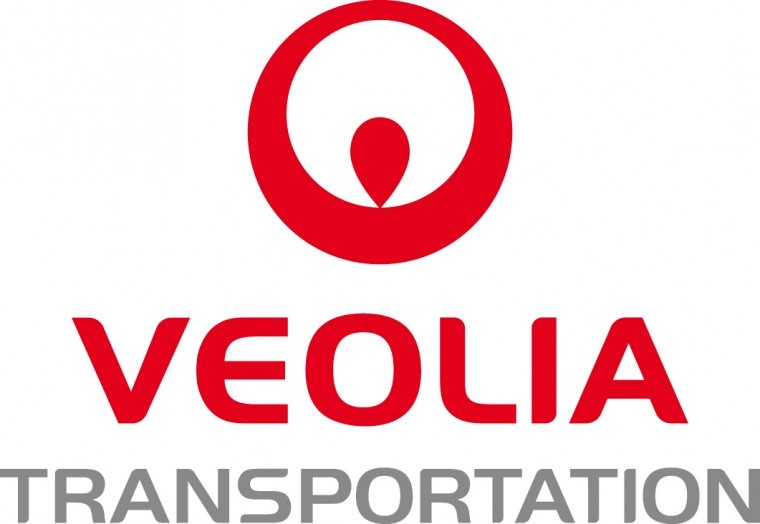
Veolia can run Long Island Bus better than anyone else, said Veolia Transportation Vice President Mike Setzer, who is set to become chief executive officer of Long Island Bus if a to-be-negotiated contract is approved by the Nassau County Legislature.
“This is still a public system that is going to be managed by a private firm,” he said, in a telephone interview.
After a secretive, months-long process, Nassau County Executive Edward Mangano announced June 9 that French-based company Veolia had been selected to operate the public transit system which provides more than 30 million trips each year.
Mangano said routes and fares would remain stable for at least a year. A plan from the MTA would have cost Nassau an additional $9 million with a 56 percent reduction in routes.
Veolia would take over as of Jan. 1 for what they estimate will cost $106 million, down from the current budget of $141 million.
Setzer said the $106 million was not a bid. Veolia makes money when they can run a system for less than total revenue from fares and government subsidies.
“We would expect revenue from fares to be around 35 percent of the total, maybe a little better,” he said. “Our ability to forecast what we can do accurately is pretty important to our survival. We were asked to provide some forecast. Nobody knows what the state programs are going to produce, or the federal for that matter. So, its going to be a forecast for a while.”
Nassau County Legislature Wayne Wink (D-Roslyn) said normally a proposal would have enough information for proper evaluation by county officials.
“That’s what worries me, quite frankly,” he said. “They can say whatever they want to say, but until they actually get boots in the ground here and start, I don’t think they truly are going to be able to give you a good reading on where they are going to come up with the savings, and how they are going to maintain services.”
Setzer said the county would remain in control of fares and service hours.
“We cannot chop unilaterally the service,” he said.
Although Setzer does not yet know exactly where the money will come from, he promised Veolia would save money on operations without compromising employee wages or commuter experience.
“We have looked at very high level MTA budget documents and we have said, we know we can achieve savings over those numbers,” he said. “I wish I could say, well so many dollars are going to come out of this. So many dollars are going to come out of that.”
He said Veolia, due to their size, could save money on purchasing, and on overhead by centralizing accouting and bookkeeping at company headquarters.
“We have a very lean business model,” he said. “We don’t intend to balance the budget on the salaries and wages. We want professional employees out there. Most of them are going to come from the current ranks of the drivers.”
Before being selected by Mangano, he said his company submitted a proposal, went through an interivew, and submitted another mini proposal before a final interview. He also said Veolia submitted references which were checked.
“I’m hoping its going to be a matter of a few weeks, and that we are going to start next week,” he said June 15. “But that’s just a hope on my part.”
The contract will come to a vote before the Legislature’s Rules Committee rather than the full Legislature, said Brian Nevin, a spokesman for Mangano.
Democrats expressed shock and outrage at the decision.
“For me that’s a perversion of our rights in our democracy,” said Legislator Judi Bosworth (D-Great Neck). This isn’t just a contract. This is dismantling our bus system, hiring a private firm to take over.”
She said a Rules Committee vote means that while the public will have a chance to speak about the contract, there will be no public hearing with time for the public and legislators to ask question experts and request more information.
It also means that only a select group of legislators, those on the Republican-dominated committee, will be able to vote on the contract.
Veolia operates transit systems throughout the world, including Atlanta, Denver, Las Vegas, Boston and San Diego. Setzer said media reports of $3.3 million in fines from bus operations in Pheonix were the result of a computer error.
“The new staff will include a lot of people who are there right now, so it will not be like a whole bunch of aliens from another planet landing suddenly,” he said. “We do recognize that every place is unique.”
Originally from Minneapolis, Setzer currently lives in Cincinnati. After 30 years in public transportation, mostly in the private sector, he is familiar with the anxiety that Nassau County residents, politicians, and workers are experiencing.
“I fully understand that they would be concerned with any change,” he said. “But I’m determined to get to a point where especially the folks who are already here are confident about the change.”






